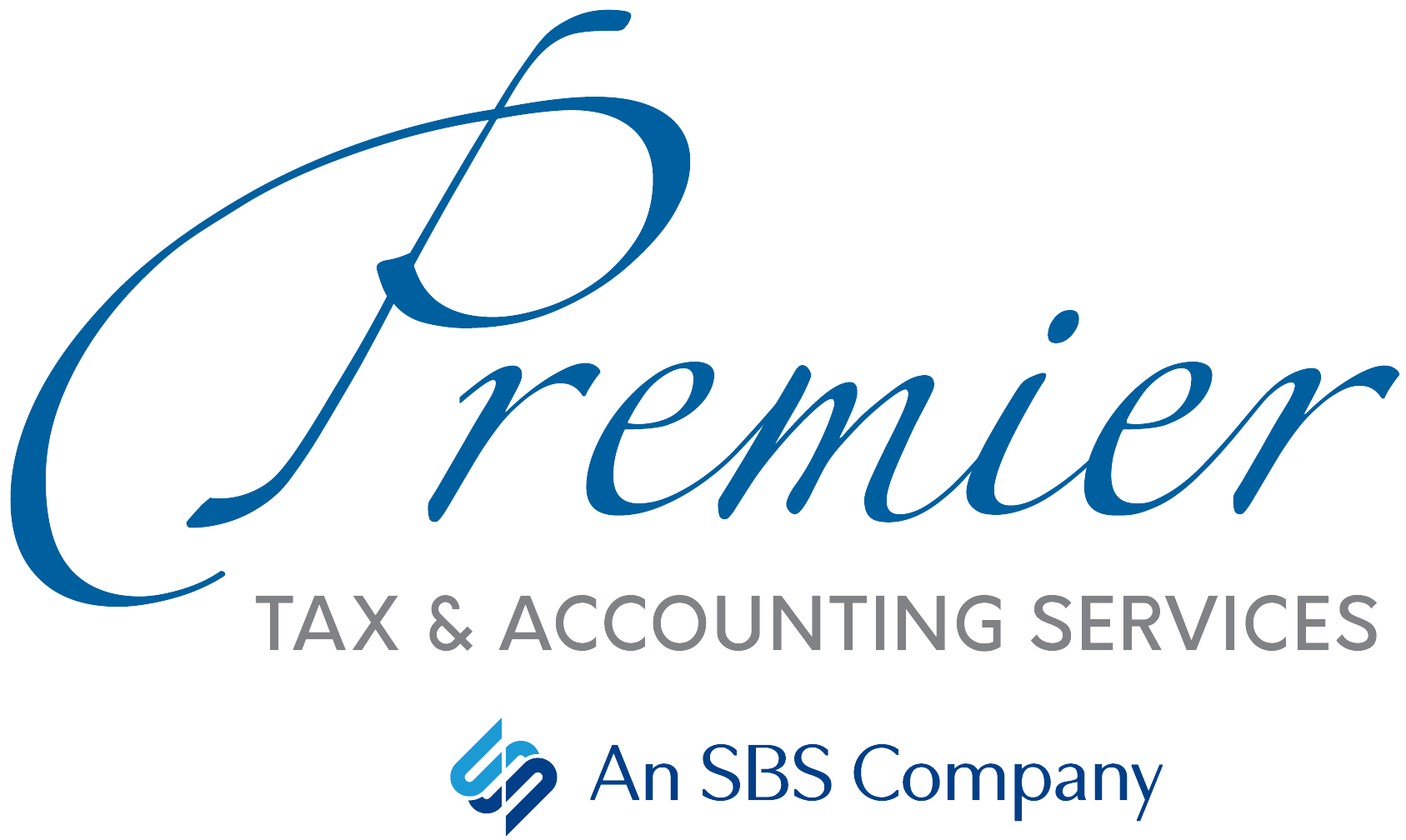As you may know, there are lots of bad guys out there trying to steal your sensitive information. All of us here at Premier Tax & Accounting Services prioritize keeping your finances secure, so here are some tips to avoid the scams:
1. Be wary of unexpected communications.
Scammers often pose as IRS officials or tax professionals to trick you into revealing personal information. But, the IRS will never call you demanding immediate payment, ask for credit or debit card numbers over the phone, or threaten to involve law enforcement for non-payment. If you get a call from someone purporting to be an IRS agent, hang up. The IRS always sends official notices by mail first and never demands immediate payment over the phone.
If you get an email that appears to be from the IRS, asking you to verify your information by clicking a link and entering sensitive information, like your Social Security number or bank details, don’t do it! The IRS doesn’t initiate contact with taxpayers by email to request personal or financial information.
2. Resist any person who puts pressure on you to comply with their demands, lest you face fines, penalties, etc.
Scammers sometimes make threatening phone calls claiming you owe back taxes and must pay immediately or face arrest. Again, just hang up. These are bogus calls.
3. Use strong, unique passwords for all your online accounts and keep your computer’s security software updated.
At a minimum, passwords should contain at least eight characters, have upper- and lower-case letters, numbers, and special characters. You should also avoid re-using passwords across multiple accounts. It is a good practice to use longer, more complex passwords, and store them in password manager from a reputable vendor. Password manager software programs include Bitwarden, 1Password, and Dashlane.
Keeping your computer secure will help reduce the threat, but not entirely eliminate the danger from cyber criminals. You need to always be vigilant.
4. Never give out your personal, sensitive information over the phone to someone you do not know and cannot verify the identity of. Even if your caller ID says it is the IRS calling, that could be a trick too. Spammers can fake the ID of their phone numbers.
To repeat, never, ever give any sensitive information out to anyone that you can’t 100% confirm the identity of.



